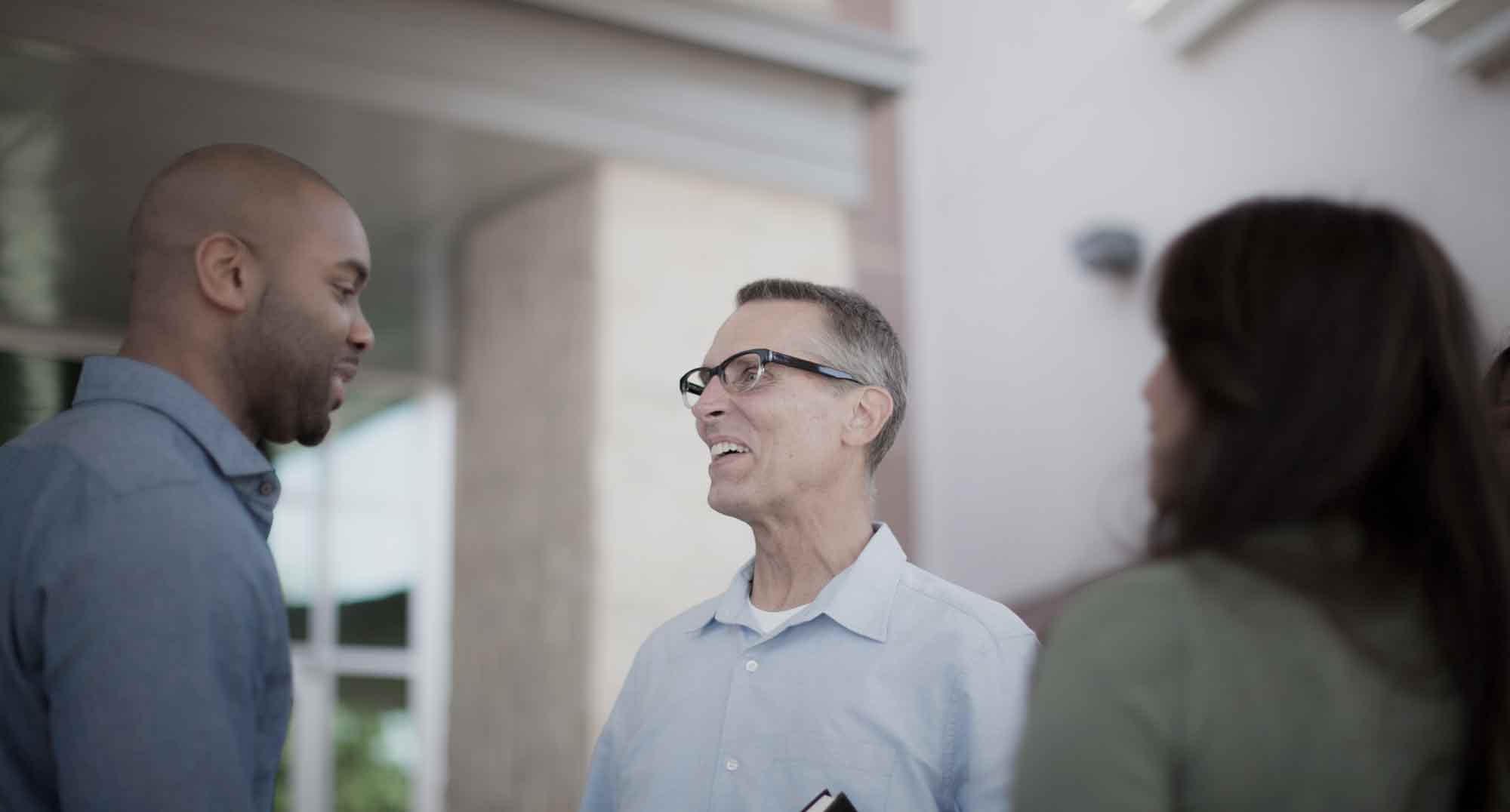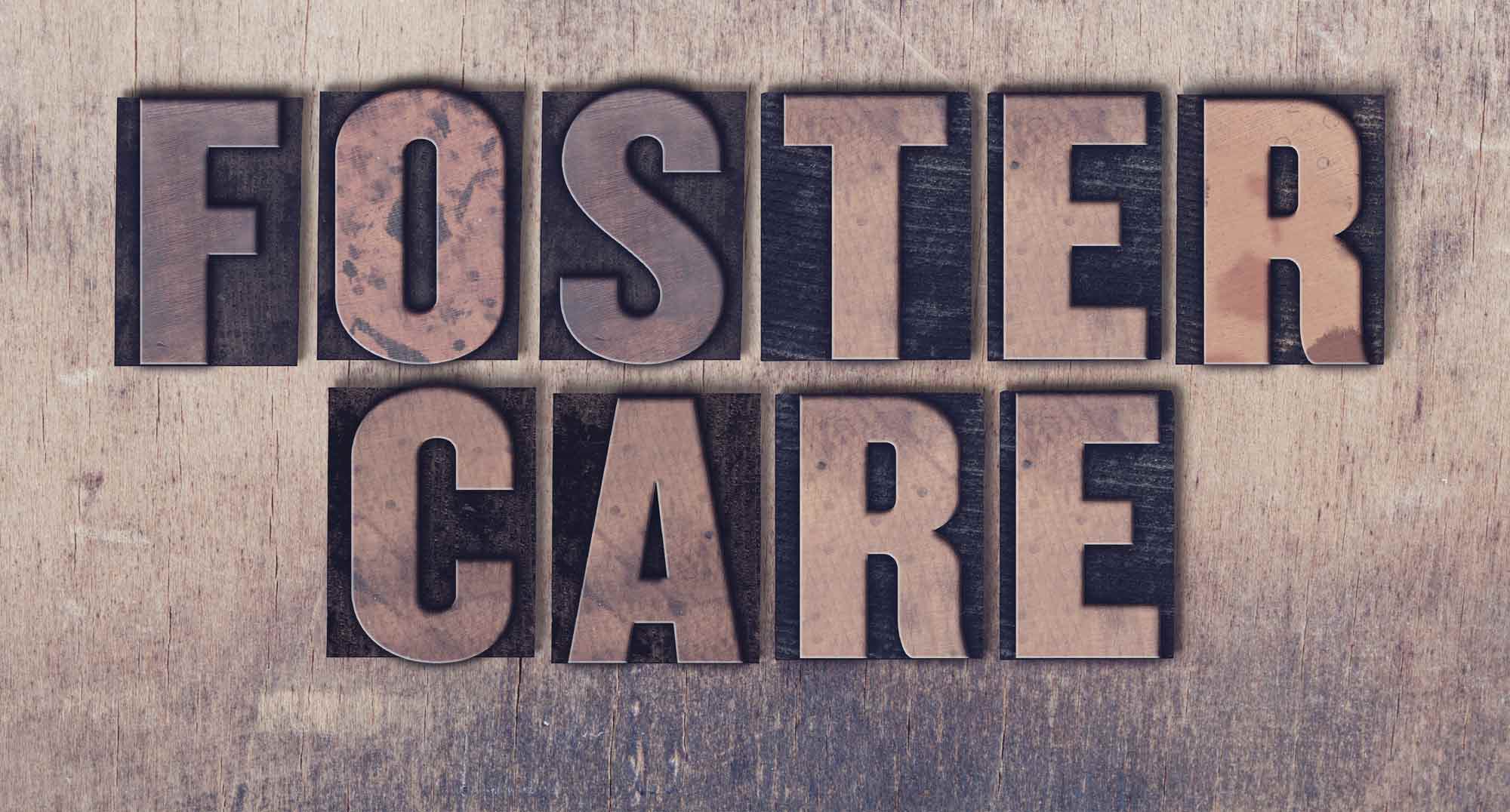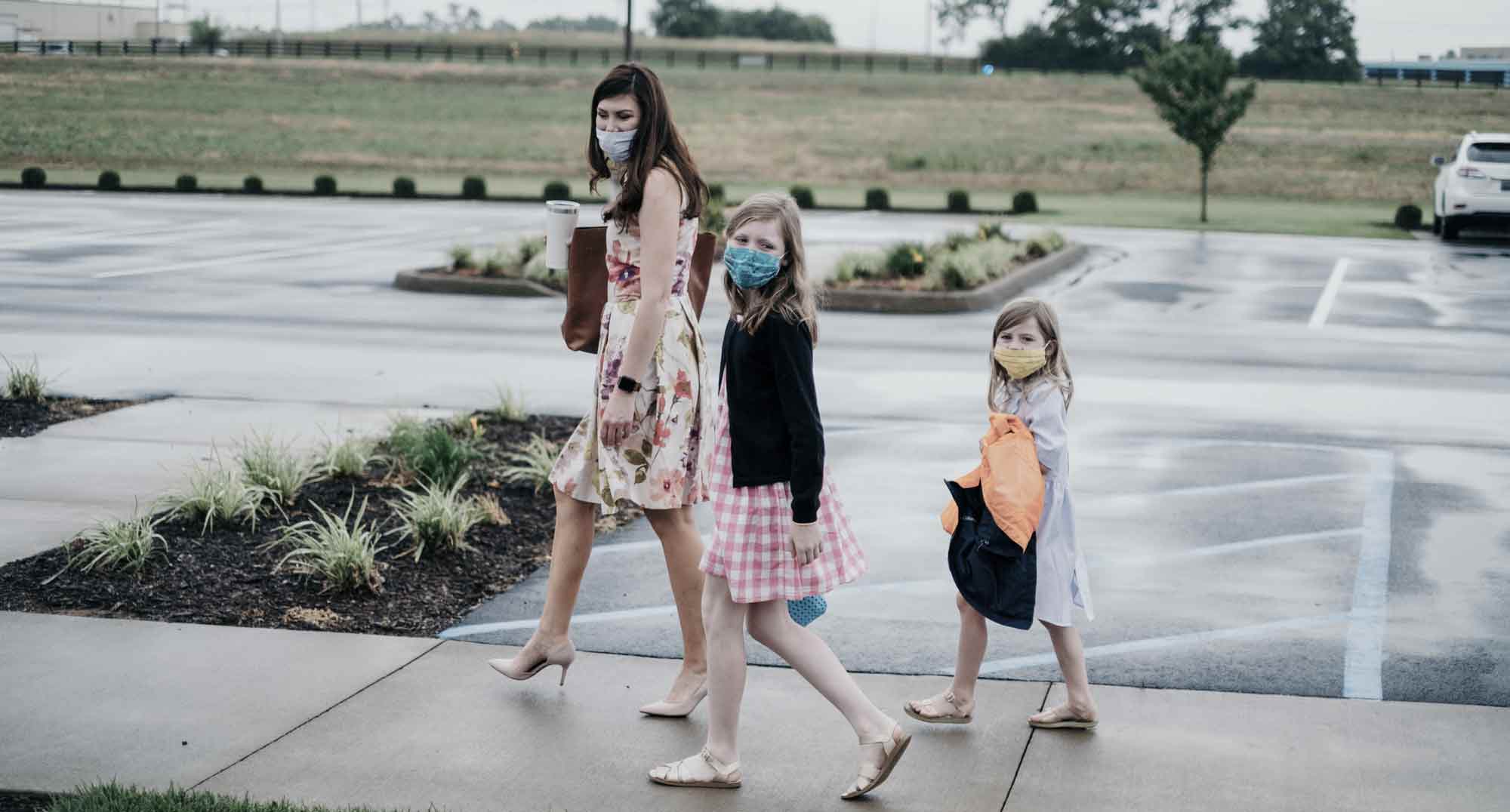Encouraging Your Own Village
SHARON BETTERS|GUEST Our world cries out for purpose and hope. The need for an encourager to arise amid a desperate situation is not new. In Judges 4, we meet Deborah, a woman whom God used to perform that task for the nation of Israel. Now Deborah, a prophet, the wife of Lappidoth, was leading Israel at that time. She held court under the Palm of Deborah between Ramah and Bethel in the hill country of Ephraim, and the Israelites went up to her to have their disputes decided. (Judges 4:4-5 NIV) Deborah’s passion for God made her available to Him, and accessible to the people of Israel. According to Deborah’s own words, “Village life in Israel ceased, ceased until I Deborah, arose, arose a mother in Israel” (Judges 5:7). Our Villages Deborah’s obedience infused with the power of God’s Spirit enabled her to lead the Israelites out of bondage. Although God may not call all of us to a position of national leadership, He does exhort each of us to take new life to our own villages. This is not as difficult as you may think. Consider Merriam Webster’s definition of village: “A settlement usually larger than a hamlet and smaller than a town.” Now consider your circle of influence. In most villages, a large country house is at the center. Consider yourself that country house and realize God is not asking you to encourage the whole world. Just your part of it...










